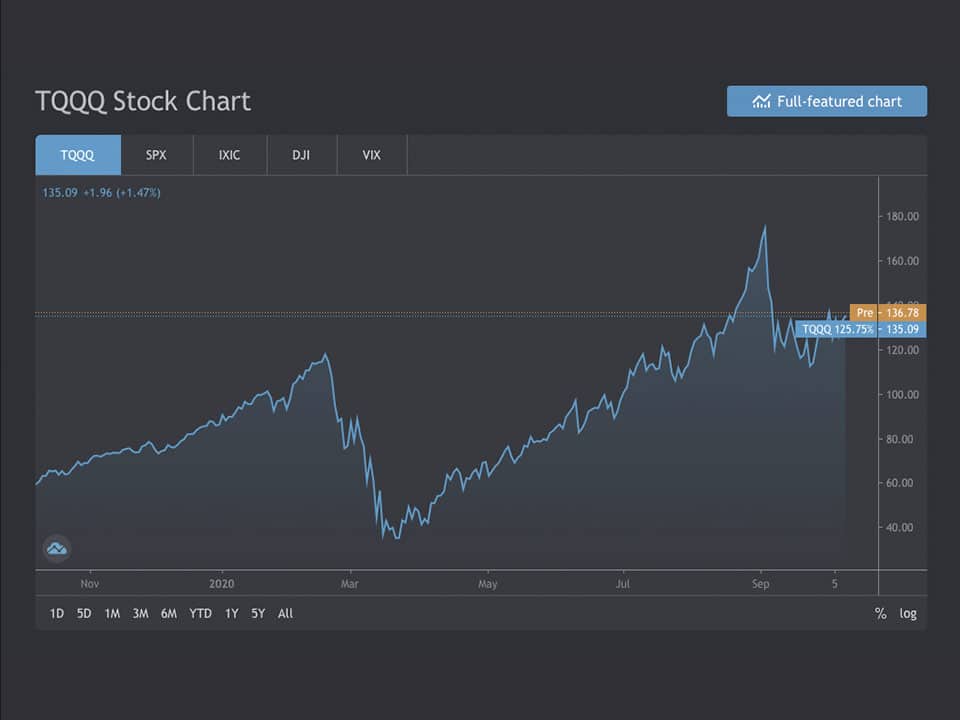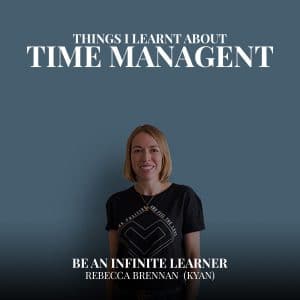
#2 What losing lots of money as a stock market trader taught me about winning at the agency game
October 9, 2020
Learn from the winners and the losers – avoid Survivorship Bias
October 16, 2020This hour glass just arrived in the post and it will help me better remember things I’ve learnt each week.
Thank you to Rebecca Brennan for the idea. She recently joined our agencies at Polymensa as part of our Time Management theme - sharing techniques and philosophies. Rebecca is Marketing Director at the agency Kyan, does at least 12 hours of sport each week, runs ultra marathons, climbed Mont Blanc, crossed the Jordan Desert by foot,...
How does she manage her time and how can an hourglass inspire an activity that will help you better retain information? Here are some of the key learnings from that session:
Values around time
There were patterns between Rebecca’s time management and other guests we invited to share time management insights, such as a Sergeant in Special Ops US Army. Both appeared to have strong values / philosophies around time. Here are Rebecca’s key values around time:
- Be 'time anxious' - she beliefs she has to make the most of it
- Omit phrases about time such as e.g. "I don't have time", "I'm too busy"...
- Hold people accountable to the use of those phrases - inspiring others to change their language around time
- Make time for the right people
- Making an impact in life is key to her
- Human relationships are key to Rebecca
- Be there when you say will be there
Chronos and Kairos
Rebecca, pointed out that the Ancient Greeks looked at time in two specific ways. Chronos means the linear order of time. Whereas Kairos is how you seize the opportunity of time. There are two general thoughts how people understand and apply the philosophy of Kairos:
- Seizing an opportunity that will only ever happen that one time. In other words to write a Christmas card in June was not to take the opportunity in December when it mattered most. Or like Eminem becoming the famous rapper he is today :)
- How you spend time. A 2-hour long chat over a cup of tea with a terminally ill family member might take up long time in Chronos, if you are having a ‘busy’ day. But the 'meaning' of spending that time overrides the importance of all other ‘to dos’ in your life in that moment.
An hourglass inspires a technique that helps retain information
Every Friday Rebecca spends exactly 5 mins reflecting on the week - writing a journal. She uses an hourglass to force herself to not make it feel like a long chore. As soon as the last grain of sand drops, she stops. In her journal she reflects on what has worked, what hasn't worked that week.
Writing a journal is a really powerful way to retain information. We take on thousands of pieces of new information each week, but usually don’t take the time to reflect on it. Therefore end up forgetting most of the information - it becomes useless data. It is proven that we retain information better if we keep retrieving it from our memory.
For example you probably don’t remember how to divide two fractions in the quickest way. Whereas it’s very hard for you to forget how to walk. Because you walk every day. Your brain is forced to recall how to walk all the time.
'Showing up'
Like other athletes we speak to (Mark Hunter MBE - Olympic Gold Rower), Rebecca also has a strong view that: “How you feel and present yourself to people is in your control.” If you want people to follow your philosophy around time, you have to act the part too. She recommended not to run in the office or act frantic if possible, as it gives off the impression you are in a rush. This could signal you don’t manage your time well.
Keep calm and everyone else will follow. Or as John Wooden (one of the most successful basketball coaches of all time) puts it: “Be quick, but don’t rush.”
The important of being present
Rebecca never wants to give a person the feeling like she's not present. This ties up with her values: Make time for the right people and be there if you say you will be there. “The way you prepare yourself before you go into a conversation is key.” She wants to give that person full focus and not appear like she has 1,000 other things on her mind, because that isn't respectful of their time.
Communication with team members
The above is all well and good, but what happens if you have too many people in your team that constantly want something from you?
Over the years Rebecca has observed that many of her colleagues come to her with the question: “Do you have 5 minutes?” or “Can I ask you something quickly?”
Her usual response is: "Is it really a 5 minute question?” Followed by a dramatic pause. If it is longer than 5 minutes, she’ll book in time to speak.
Book recommendation
Rebecca mentioned the book Why We Sleep by Matthew Walker. This book will be part of our next book club reading recommendation at Polymensa.
If you’d like to learn more about how you can improve time management and expand your mind in other knowledge areas, feel free to subscribe to our mailing list here.






